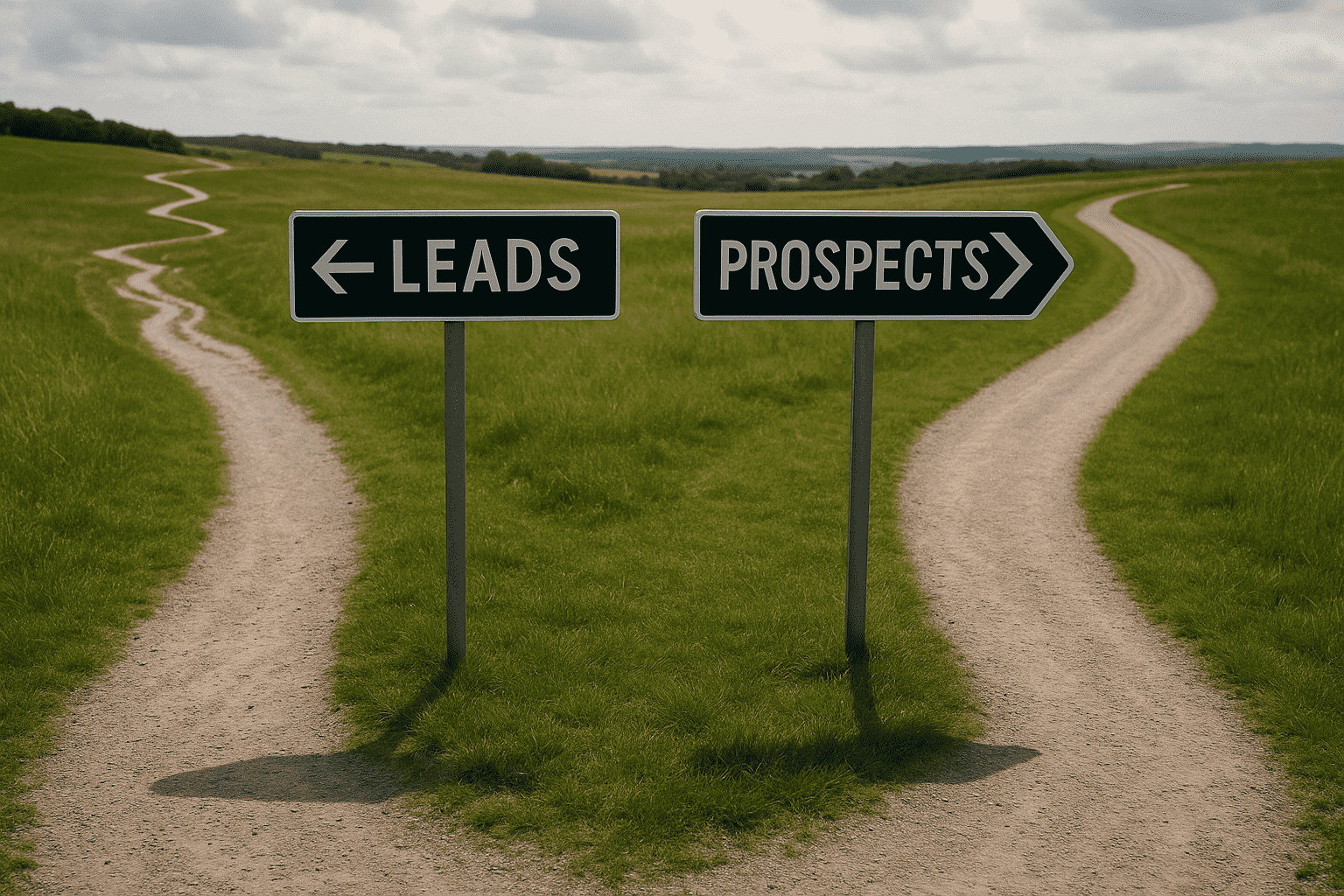The internet is going to completely change the real estate industry! That’s what I was told when I got my start in 2003. I still hear it today. And it’s true, and at the same time it’s not.
Success in the real estate business is about people, it’s about relationships. It’s about building trust with people face to face. All the internet has done is drastically change how we first meet those people.
Most home buyers start their search online, long before they’re ready to go out and look at homes. If we want to continue to be successful meeting new clients and building trust, we need to have a personal website that is both helpful and easy to find.
Helping people find our website
Potential new clients are going to find our website in one of two important ways: through social media links or through the search engines. Of these, the largest potential for building business is through Google searches. We need to take steps to help Google help us.
The process of helping our page rank more highly in Google is called Search Engine Optimization (SEO). It sounds scary, but it’s not. It is an ongoing process. If you decide to take steps to begin the process of driving more people to your brand’s websites, you will need to block off a couple of hours every week to work on your site. Then you will need to patiently wait for the results of that work for months. The reward can be an incredible transformation to your website and business.
If your goal is to dramatically increase the traffic to your site, you’ll want to hire a reputable SEO company to steer the course, allowing you to focus on what you do best – selling real estate. However, if you’re like me and you want to begin to do some of the work yourself, I’m going to simplify the complex world of SEO for you.
There are three main things you want to focus on:
- Writing key word driven content
- Building links back to your site
- Optimizing your on-page SEO
Write smart, not hard
There are three types of pages on your real estate site: content pages, blog pages and listing pages. Start with content pages, which are the building blocks of your site. They are the pages that your site’s main menu links to. These pages should be organized into groups of related topics that make navigating your site easy for the client. You can lay out an outline for this site structure by visiting some top websites in your marketplace and see what they’re doing right.
This next part is key. Each content page should be written to optimize for three to five keywords. For example, if you want people to find the site when they search Google for “real estate in neighbourhood X”, write content about real estate in that neighbourhood. Another page might be optimized for “condos in City Y”, so focus that page only on written content about condos and about that city. This focused keyword strategy will tell Google that the page you are writing is an authority on this topic. Now build out your entire site this way.
Blogging is an important part of your SEO strategy, and something that should be done on a regular basis. Decide on a publishing schedule – every Monday, or every second Monday is a good place to start. Next you follow the same strategy as you do for content pages. Figure out what people are actually searching for online and write detailed blog posts (1,500 words minimum) that target those keywords. Then share your blog posts on your social media and newsletter list to drive even more traffic to your site.
When it comes to listing pages, you can ignore those for now. The listing Realtor has already written content about the listings, so there isn’t much to optimize for you.
Building links back to your site
Now that you have built out useful content, you’ve won half the battle. The next half is to build links back to your site. Links from other sites, directing traffic to your site, tells Google that your site has authority and will have major impact in helping you rise through the rankings. You can have the greatest content in the world, but without backlinks nobody will ever see it in Google.
Start building backlinks close to home. Think of organizations you belong to, or could belong to, who have membership pages and reach out to get listed on their site. What about businesses you refer to, charities you give to and friends and family who will want to help you? Reach out to them and ask for their help. A backlink costs them nothing and will help your business. People are usually willing to help in that situation.
Every time you get a new listing, make sure to log in to your MLS and post a link to that particular listing page on your site. This trick is magical. The way it works in Canada is that any site that is posting your listing through reciprocity will have to post the link. You’re now getting links from your competitors’ sites!
Lastly, you will begin to get a lot of backlinks organically. As you continue to write amazing blogs, other people will notice them and link back to them, because it’s a useful piece of content for their readers. Keep blogging every week and make sure to get it out there on social media as much as you can.
Optimizing your on-page SEO
The main thing for you to focus on when optimizing your onsite SEO is that you are filling out the Meta Title and Meta Description in a way that uses the relevant keywords that page is targeting. These are huge signals to Google about what your page is about. The meta title should be 50-60 characters long, and the meta description should be 155 to 160 characters long.
Next, when you are posting the written content for each page, make sure to break up the content into small paragraphs. Further divide the content using headers (H1, H2 and H3) that use more keywords to explain what the next section is about.
Finally, use photos and video to further break up the content on the page. People engage longer with content that they can digest in bitesize pieces. And what is good for the reader is good for SEO.
Chris Fenton is a real estate agent and brokerage owner with nearly 20 years of experience. He specializes in massive internet lead generation. He has been a member of the Royal LePage Nation Chairman’s Club for the past five years. He is the founder of Loyal Homes, a British Columbia-wide real estate search and information site.















